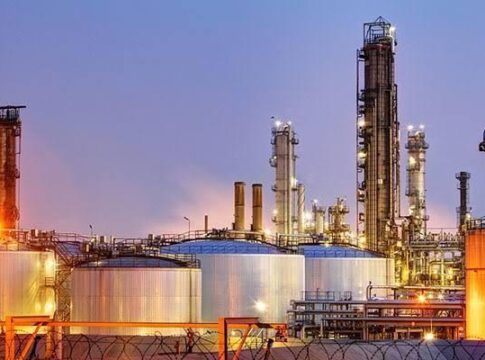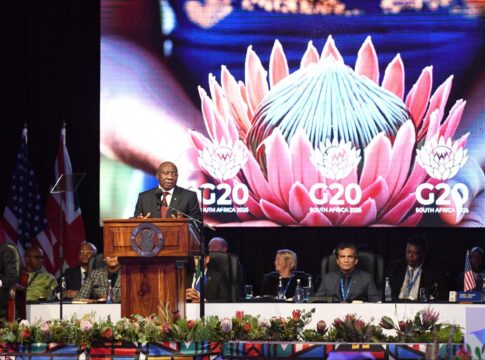Nigeria’s local refineries have supplied less than half of the country’s daily petrol consumption since the start of 2025, highlighting the nation’s continued reliance on fuel imports.
The country consumes about 50 million liters of Premium Motor Spirit (PMS) per day, but local refining capacity remains too low to meet demand, according to Ogbugo Ukoha, Executive Director of Distribution Systems, Storage, and Retailing Infrastructure at the Nigerian Midstream and Downstream Petroleum Regulatory Authority (NMDPRA). The shortfall, he said, is covered through import licenses granted by the agency.
READ MORE: CBN Cracks Down on Bank Directors Over Non-Performing Insider Loans
“All of us experienced a Yuletide free from scarcity,” Ukoha said. “Before the subsidy removal in May 2023, daily petrol supply averaged 66 million liters. But since then, consumption has declined to around 50 million liters per day. Of this, less than 50% is refined locally, meaning we still depend heavily on imports.”
Petrol Importation Remains Crucial
Nigeria has historically struggled with inadequate refining capacity, forcing the government and private marketers to import petrol. Despite policy efforts and investments in modular and private refineries, domestic output remains far below national needs.
Ukoha emphasized that local refiners need time to scale up. “As a regulator, we are working to support refineries so Nigeria can achieve fuel sufficiency at competitive prices,” he said. “But in the meantime, marketers have the right to apply for import licenses, and we will grant them the necessary permits to bridge the gap.”
While concerns persist about fuel quality, Ukoha dismissed claims that substandard petrol is being imported, assuring Nigerians that strict regulatory oversight remains in place.




